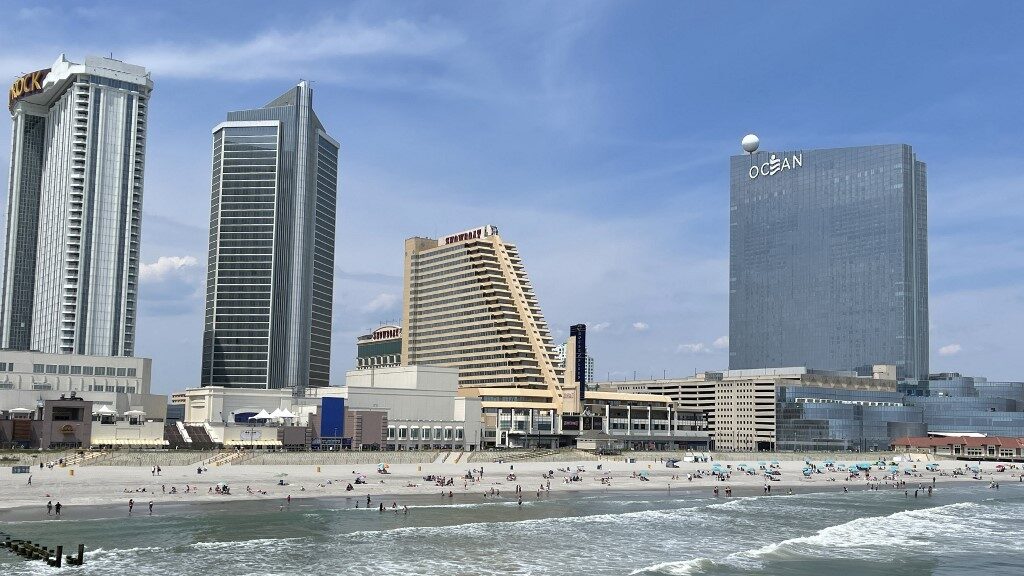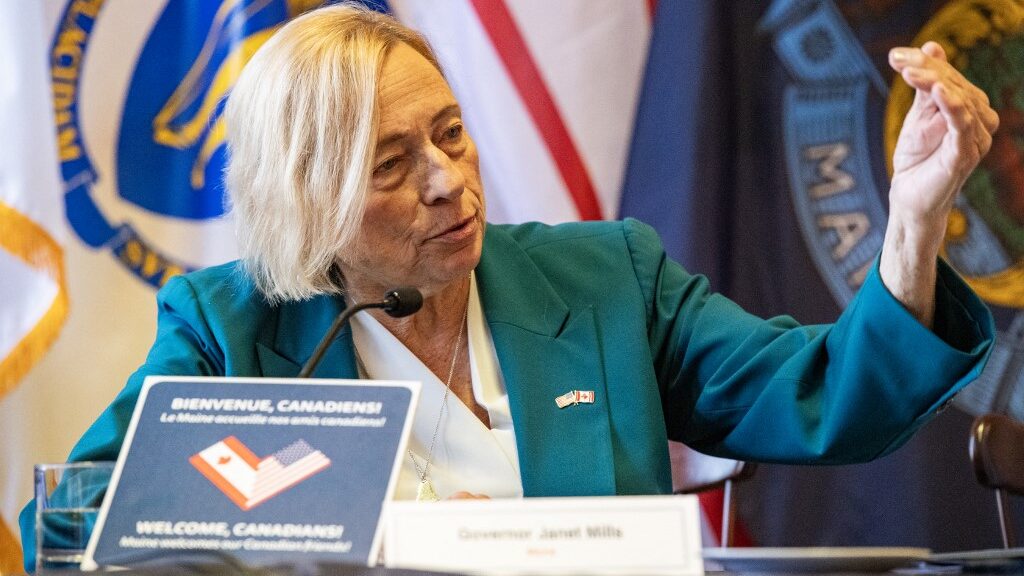
Atlantic City casinos have been through plenty of rough waters but the global pandemic caused a maelstrom to the casino industry and New Jersey Governor Phil Murphy decided to toss it a lifeline. In 2016, the PILOT law came into being which prohibited casinos from going to court to contest their taxes. It caused gaping holes in local government’s budgets and the time and effort expended in the courts were draining to both the casinos and the municipalities.
The PILOT law gave the casinos the ability to make regular payments which gave them a clear understanding of what was owed with no year-end surprises. What Murphy has done is alter the law to the benefit of the casino’s bottom line by eliminating taxes on any casino revenue generated by legal sports betting and online gaming over the next several years.
The tax savings to the casinos will be in the neighborhood of $30 to $65 million per annum over the next five years. The casinos have been reeling due to the substantial decrease in walk-in traffic due to the COVID-19 pandemic and this will allow them to recoup some of those losses.
Tax Relief
The Casino Association of New Jersey (CANJ), not surprisingly, responded favorably and issued the following statement, “The Casino Association of New Jersey (CANJ) thanks Governor Murphy for quickly executing the amended PILOT program, which will protect thousands of well-paying jobs and provide certainty and stability to Atlantic City and Atlantic County over the next five years.
Atlantic City and Atlantic County will receive more tax revenue moving forward year over year from the casino industry, and the funding provided by the amended PILOT program will help improve Atlantic City’s infrastructure and create a safer community for visitors and residents. The casino industry is committed to growing and strengthening Atlantic City’s economy as we continue to revitalize our historic seaside destination resort.”
According to outgoing state Senate President Stephen Sweeney, the chief architect of the new wrinkle to the PILOT law, the measure was brought forward because as many as four of the nine AC casinos would have been in danger of shutting their doors which would have cost thousands of jobs and caused the unemployment rolls to swell.
Win-Win?
“We have had tremendous investment in Atlantic City by the casino industry in recent years that created thousands of additional jobs both in the casinos themselves and in related service industries,” the Senate president added. “We can’t afford to turn back the clock on the progress we have been making.”
However, not everyone is a fan of the legislation. Some believe that it will give unnecessary tax coverage to an industry that has begun to rebound from the pandemic and will be enhanced due to sports betting and online gaming now added to their menu.
Peter Chen, a senior policy analyst for New Jersey Policy Perspective, argued, “Once again, the house wins. This losing bet for New Jersey deprives the state and its residents of much-needed public investments in schools, roads, services, and other building blocks of a strong economy.”
















